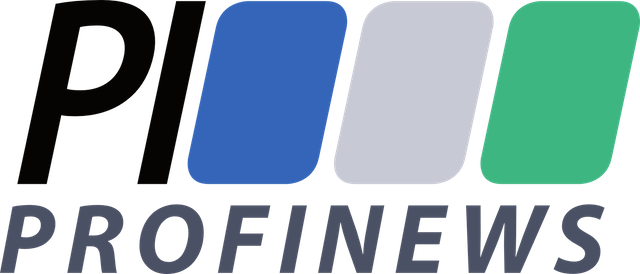To continue a practice-oriented further development of PROFIBUS and PROFINET, a deep understanding of users’ requirements with respect to Industrie 4.0 scenarios is needed. For this reason, use cases have been developed, assessed and harmonized first in the working group. In the next step, an investigation was carried out of any new communication technologies and standards in the environment of Industrie 4.0.
The combination of requirements and technical possibilities has resulted in a focus on the following main areas:
TSN
The integration of TSN aims for defining an ideal image of PROFINET on TSN. The advantage of PROFINET will be its participation in the technical progress of standard Ethernet technology.
IPv6
With respect to IPv6, the characteristic features of auto-addressing and name concept play an important role. At present this is being developed through a corresponding concept.
Semantics
The Semantics Team has given itself the objective of integrating existing PROFINET features into any future standard, while also selecting the most important definitions from underlying standards like eCl@ss and Automation ML.
Security
In case of Security, the security features are defined by means of requirements and use cases. These are being investigated in addition to the existing Security Guideline from PI.
OPC UA
The possibilities of using OPC UA are being determined in cooperation with the OPC Foundation. As for PROFINET, TCP/IP communication has always integrated in parallel, therefore PROFINET offers a lot of flexibility in this area.
Currently these topics are discussed in the sub-group teams that have been set up. The solutions established are being issued in white papers and concepts. Even with a high level of involvement from the working group members, time is needed for creating detailed preparations of sensible and practice-oriented standards. The first white papers are expected for Hannover Fair 2017. Through the I4.0@PI working group’s investigations, it can be determined already today that the available PI technologies are and remain a sound basis, but also enable a future-proof step.
